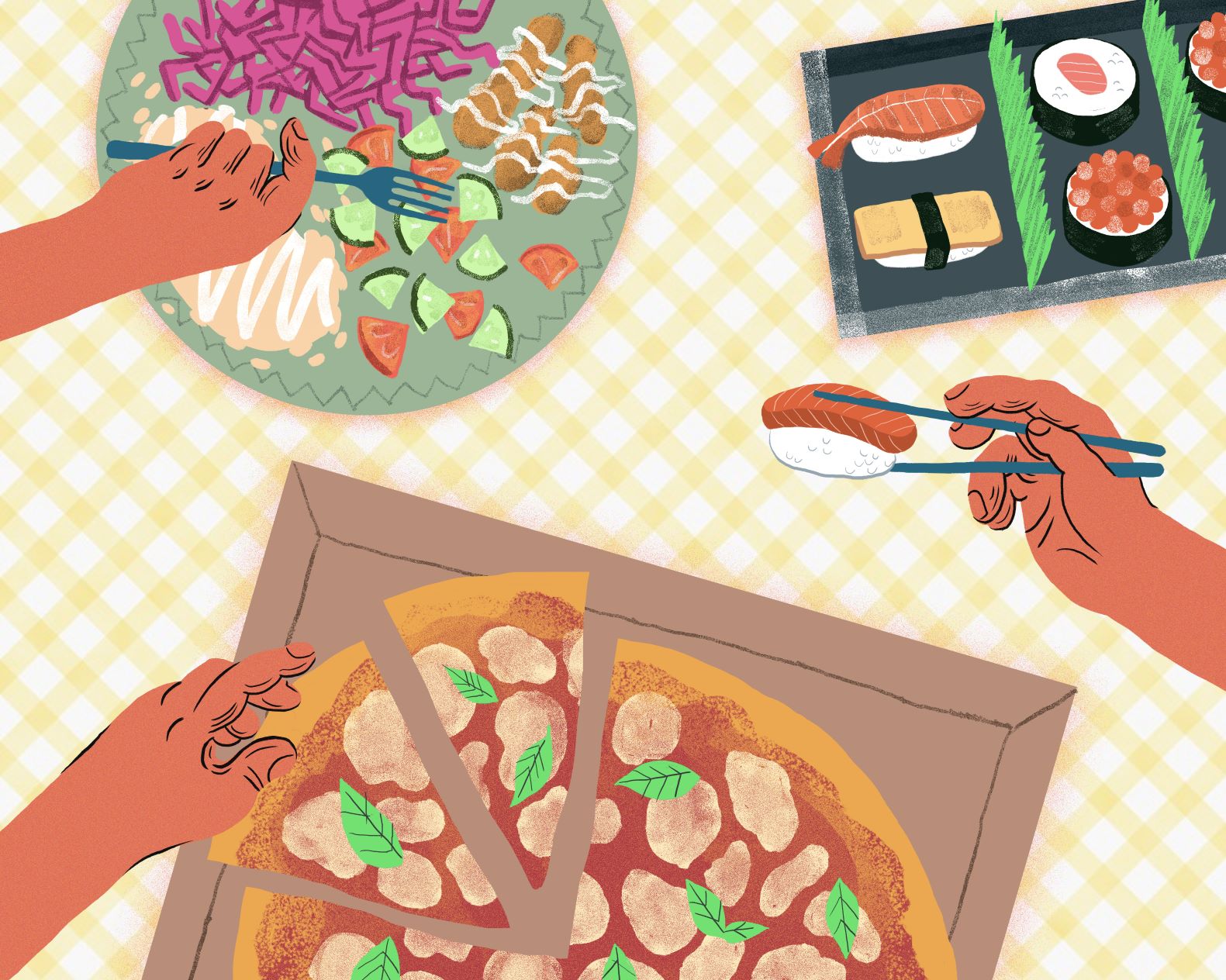The COVID-19 pandemic has severely impacted businesses around the world. Self-isolation and social distancing have affected restaurants in particular, as they must choose between two equally worrying options: They could close completely, leaving their employees without a steady paycheque while the owners continue to pay rent and other overhead fees without any revenue; or, they can stay open for delivery and takeout only, providing a source of revenue to keep staff on the payroll but potentially putting both the staff and customers at risk of spreading the virus. Furthermore, even if restaurants stay open, it is unlikely they will generate enough revenue to remain profitable. A survey done in March by Restaurants Canada found that nearly 80 per cent of restaurant owners experienced lower sales in early March of this year compared to last year. As the service industry experiences a huge downturn, McGill students will also be affected by this calamity as 24 per cent of those employed in the restaurant industry are aged 20–24.
The restaurant industry is highly vulnerable to this type of crisis. Food services cannot emulate the financial sector by moving to a work-from-home model, nor can they be kept open at full capacity, like the construction business. Even in normal economic environments, restaurants routinely struggle to keep their doors open due to increasing food, rent, and labour costs. The loss of business from COVID-19 could push many restaurants to close permanently.
McGill students are going to experience these struggles first-hand in their capacity as both employees and customers. Places such as Foodchain in downtown Montreal have made the decision to stay open despite the inherent health risks. Despite their business model, which has always been oriented toward delivery and takeout, Foodchain has experienced a staggering loss in sales. Adding to this issue is the fact that the majority of their sales now go through delivery platforms, such as Foodora, UberEats, and DoorDash, which charge restaurants service fees. These two factors have led to a 84 per cent decrease in the number of hours available for the staff.
The troubles extend beyond the economic woes caused by this crisis, as many workers are uncomfortable working due to the possibility of exposure to SARS-CoV-2 from coworkers, customers, or third-party delivery people. The risk of commuting via public transportation adds an extra layer of anxiety for workers. Some McGill students do not have the privilege of choosing not to work, as they depend on their wages to pay for their basic needs. This also means that massive layoffs, stemming from the staggering loss of business, will result in many McGill students losing an essential source of income.
Many restaurants on and around campus, including well-known establishments like Dispatch Cafe and Humble Lion, are experiencing the same conundrum. Some of Montreal’s most popular full-service restaurants, such as Campo, Kinton Ramen, and Mandy’s, have opted to stay open, but transition to delivery and take-out based models.
For restaurants and students alike, there is no easy path forward. One thing that the McGill community can do during this difficult time is be sympathetic to restaurants and fully understand their decisions, whether they be to close indefinitely or stay open. Furthermore, it is important that McGill students appreciate the integral role that employees, many of whom are peers, play in this current crisis, given the risks that they take.









